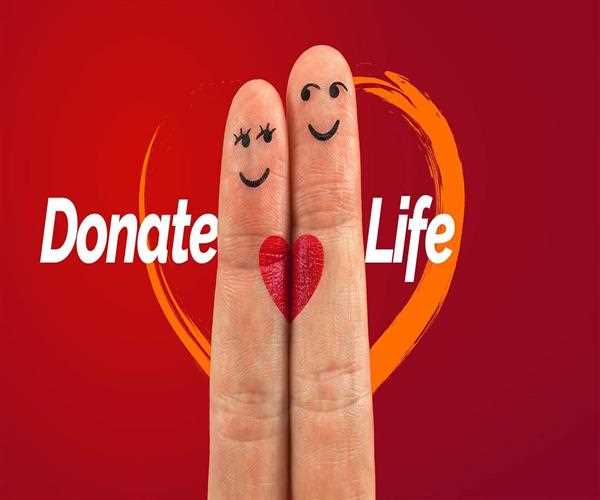What is a heart transplant?
A heart transplant is surgery to remove a sick heart from a person and replace it with a healthy heart from an organ donor. To remove the heart from the donor, two or more healthcare providers must declare the donor's brain death.
Before being placed on the waiting list for a heart transplant, a healthcare provider decides it is the best treatment option for your heart failure. A healthcare team will also make sure you are healthy enough to go through the transplant process.
Why might I need a heart transplant?
You may need a heart transplant if your heart is not working and other treatments are not effective.
End-stage heart failure is a disease in which the heart muscle severely fails in its attempt to pump blood throughout the body. This means that other treatments no longer work. End-stage heart failure is the final stage of heart failure. Despite its name, a diagnosis of heart failure does not mean that the heart is about to stop beating. The term failure means that the heart muscle cannot pump blood normally because it is damaged or too weak, or both.
Some causes of heart failure include:
- Heart attack (myocardial infarction or MI)
- viral infection of the heart muscle
- high blood pressure
- heart valve disease
- Heart defects present at birth (congenital)
- Irregular heartbeats (arrhythmias)
- High blood pressure in the lungs (pulmonary hypertension)
- Alcoholism or drug use
- Chronic lung diseases such as emphysema or chronic obstructive pulmonary disease (COPD)
- The heart muscle enlarges, thickens, and stiffens (cardiomyopathy)
low red blood cell count (anemia)
Your healthcare provider may have other reasons to recommend a heart transplant.
What are the risks of a heart transplant?
As with any surgery, complications can occur. Potential heart transplant risks include:
- infection
- Bleeding during or after surgery
- blood clots that can cause heart attack, stroke, or lung problems
- breathing problems
- Kidney failure
- Coronary artery transplantation angiopathy (CAV). This is a problem with the blood vessels that carry blood to the heart muscle itself. They get fat and hard. This can lead to serious myocardial damage.
- Donor Heart Failure
- Death
Your body's immune system may reject a new heart. Rejection is your body's normal response to foreign objects and tissues. When you get a new heart, your immune system reacts to what it sees as a foreign threat and attacks the new organs. For the transplanted organ to survive in the new body, medication must be taken. The drug tricks the immune system into accepting the transplant and prevents it from attacking the transplant.
You must use medication for the rest of your life to prevent or treat rejection. These drugs also have side effects. Side effects depend on the particular drug you are taking.
- Existing or recurrent infections do not improve with treatment.
- Poor circulation throughout the body, including the brain.
- metastatic cancer. This is when cancer has spread from where it started to one or more parts of the body. doing you
- serious health problems




Leave Comment